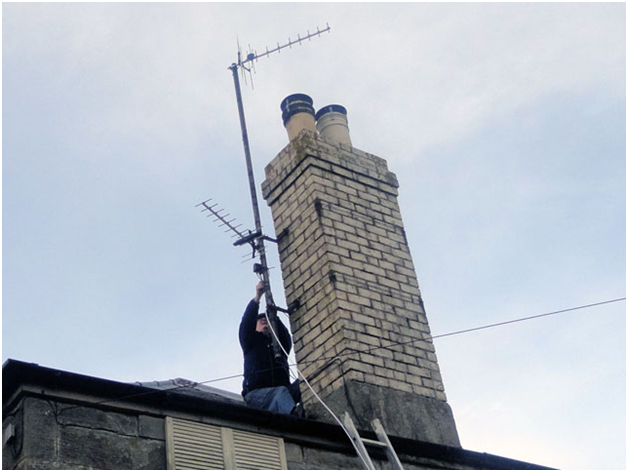The simple answer to this question is yes, you do need an aerial in order to receive Freeview.
According to the Freeview website 98.5% of the UK population can receive Freeview, although depending on where you live the channels available to you might change.

Problems with Reception
It is important to check that your aerial is securely connected to the socket on the back of the Freeview box, and that is in good condition and hasn’t been damaged by bad weather. Gloucester TV aerial installation specialists and indeed those in other locations can assist. Simply checking that it is pointing in the same direction as other aerials nearby can be a good starting point.
Installing a New Aerial
A damaged aerial or cable will greatly affect picture quality and needs attention from a professional installer such as http://steveunettaerials.co.uk/services/tv-aerials-repair-and-installation-gloucester/.
Missing Channels
Freeview channels can change, new ones are added and old ones can be removed, so for this reason retuning your Freeview TV or recorder occasionally will ensure that the list available to you is up to date.
Getting the Wrong News?
Depending on where you live, you may be able to receive signals from more than a single transmitter. In addition, sometimes equipment can auto-tune to a weak signal rather than a strong one. In these instances a manual retune can solve the problem (the manufacturer’s guide for your equipment should show you how to do this).
Amplifiers and Splitters
Strange as it might seem, amplifiers and splitters are one of the most common causes of reception difficult, and can even overload equipment. Try removing them to see if that helps.
In-home Interference
It is possible that some common household appliances can disrupt reception, anything from lawnmowers to central heating systems. However interference can be prevented by fitting a mains filter to TV equipment and by keeping aerials away from devices such as mobile phones or baby monitors.
External Interference
Road works, police radios or even just traffic can interfere with reception, although this can be easily solved by fitting filters to your aerial and ensuring cables are maintained in good condition.
Lastly, the physical landscape between the transmitter and the aeriel can block the signal, and a professional installation engineer will be able to offer advice and solutions such as redirecting to an alternative transmitter.